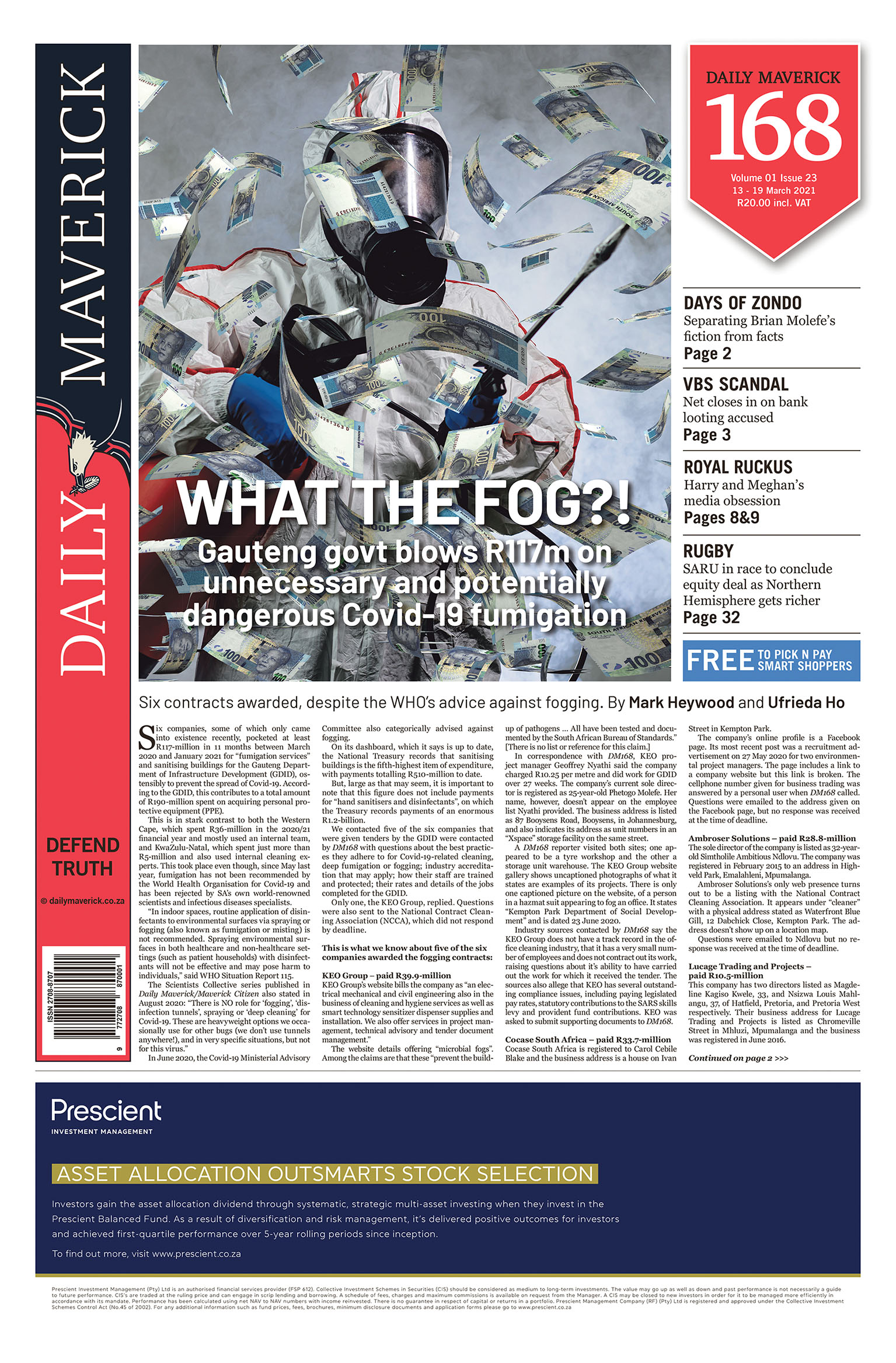First published in the Daily Maverick 168 weekly newspaper.
One of my favourite fairy tales growing up was Cinderella. I loved that the neglected stepdaughter, tormented by her stepmother and stepsisters, rose from the ashes of the hearth she slept in to marry a prince. But these stories read differently when you are older. They are toxic. Fairy tales reinforce that women have to be rescued from their lives by men, that men can kiss you while you are asleep without your consent (as in Snow White) and that only the passive women will gain the attention of a prince. A lot of Disney’s fairy tales are harmful and so are the real-life ones.
Princess Diana’s nasty public divorce from her prince and her tragic death pretty much shattered the illusion of any happily ever after. You would think we would know better by now but we don’t.
In 2011, people clamoured to watch Prince William marry Kate Middleton. I, on the other hand, was working that day, completely oblivious to the spectacle. Again, in 2018, the world stood still to watch Prince Harry marry Meghan Markle. One of the headlines read “A woman of colour is joining the royal family – Twitter rejoices.”
The article said Markle’s engagement to Harry broke boundaries. According to some, Markle was challenging historical stereotypes and redefining what it means to be a “princess”. And that, “as an American, a divorcée, a well-known actress, and, most notably, a biracial woman of colour, Markle adds some much needed representation in the British monarchy, an institution that’s historically and almost entirely white”.
Markle was proof for girls of colour everywhere that they too could marry a prince and be valuable to the world that so often demeaned them.
I believed none of this. I, again, did not watch this royal wedding. I simply do not care about royalty. The extent of my interest in the royal family is binge-watching the new season of The Crown.
I have always understood the royal family in a context of unearned privilege and colonial power. Their extractive and imperial rule over their subjects for centuries has pretty much made the world order what it is – unequal, unjust and unfree.
So it did not matter to me that a white-passing biracial woman would be marrying into an institution I strongly feel owes my country reparations. In a previous article I wrote that “to the Queen, the British Commonwealth is a family but to its subjects it is a relationship of master and slave. We are not a family. We were conquered and calling us a family is a gross distortion and delusional.” I also wrote that the monarch “is as complicated as the Queen’s crown. I wonder how many of the diamonds in that crown belong to South Africa and if we will ever get them back.”
I am disheartened by the confirmation of the racism Markle experienced in the royal family. We cannot ignore that it is Markle’s light skin and straight hair that largely gained her entry into the royal family. I cannot imagine a black woman like me ever being under consideration.
But the privilege of those who have proximity to whiteness also has its limitations, and that’s what we learnt from Oprah’s interview with the Duke and Duchess of Sussex. The concern raised over their then unborn son’s skin colour is not a matter of racism alone but that of colourism, the very colourism that made Markle palatable but threatened to make anyone darker an outcast. For blackness or biraciality to be tolerated, it must present as close to white as possible.
What the Duke and Duchess have to contend with is that inherited power should be obsolete. We all participate in systems of domination and there is only so much we can do to dismantle them.
I am not sure if the Oprah interview was another royal spectacle or a turning point towards a revolution. DM168
This story first appeared in our weekly Daily Maverick 168 newspaper which is available for free to Pick n Pay Smart Shoppers at these Pick n Pay stores.
















 Become an Insider
Become an Insider
“…reinforce that women have to be rescued from their lives by men” All good and well, but please don’t call me when you need to change a wheel on your SUV…
If you look through a certain lens you will always find what you want to see.